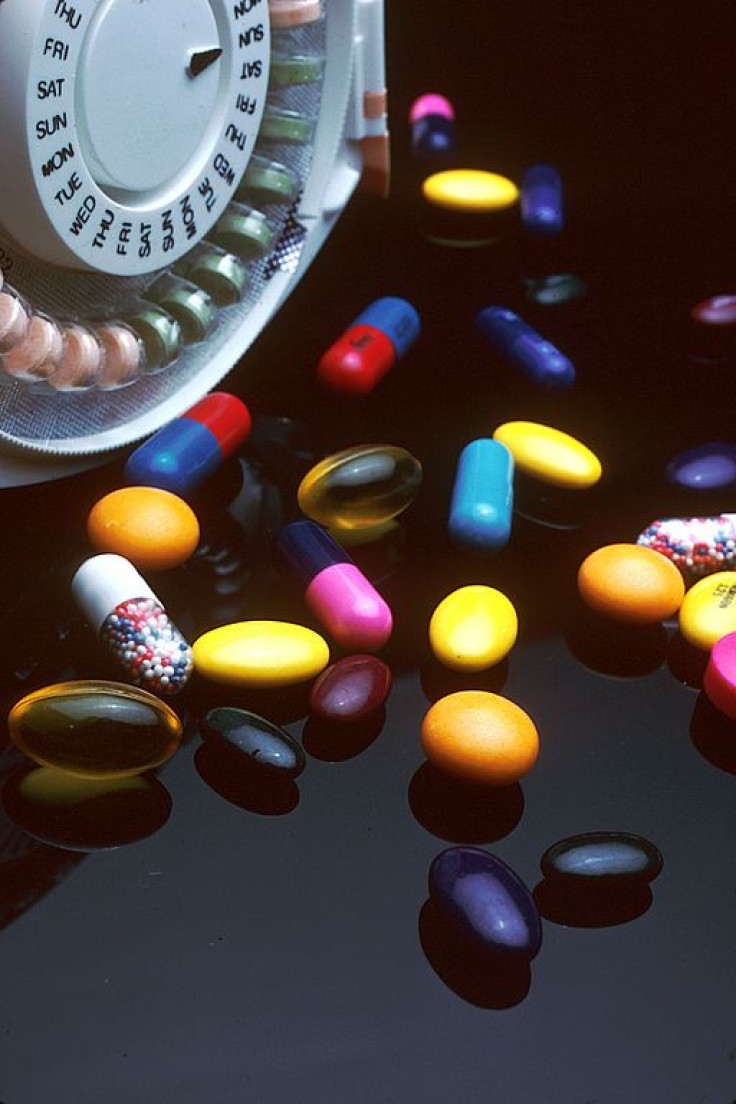Improper Use of Prescription Drugs Led to $200 Billion in Excess Government Spending

Improper or unnecessary use of prescription drugs has led the U.S. to spend $200 million a year in health care costs, or about eight percent of the nations designated budget for health care, according to a new study.
The study was conducted by the IMS Health Institute for Healthcare Informatics. They provide data and other consulting services to the healthcare industry. It examined six areas that contributed to unnecessary costs: using medication the wrong way, misuse of antibiotics, medication errors, use of brand name drugs rather than generics, and bad management of multiple-drug use in older adults, and doctors who either gave the wrong prescriptions or diagnosed the wrong illness, according to a press release.
Overall they found that these resulted in the "unnecessary utilization of health care resources, including 10 million hospital admissions, 78 million outpatient treatments, 246 million prescriptions and four million emergency room visits annually."
"As our study makes clear, drugs are often not used optimally, resulting in significant unnecessary health system spending and patient burdens," Murray Aitken, executive director of the IMS Institute for Healthcare Informatics, said. "Those avoidable costs could pay for the healthcare of more than 24 million currently uninsured U.S. citizens. Reaching a meaningful level of consensus and alignment among stakeholders, based on measured and proven success models, is a key step to unlocking the $200 billion opportunity identified in our study."
The study identified ways to improve, and also found that there was already improvement compared to previous years.
It found that progress was made in patients who followed directions for the drugs they were using, specifically in patients with hypertension, hyperlipidemia, and diabetes, which improved three to four percent since 2009. Patients who were diagnosed with cold of a flu, and were given antibiotics, even though they don't work on such illnesses, dropped from 20 percent to six percent since 2007. Finally, the study found that patients are now using generic brand prescription drugs 95 percent of the time. But the report also found that further increases in generic drug use could take off another $10 billion dollars in costs.
Health care facilities are also taking charge as private and government pilot programs have been able to better coordinate patient care, however, financial incentives from the federal health law to better coordinate and reduce hospital readmissions might be able to boost progress even more.



























